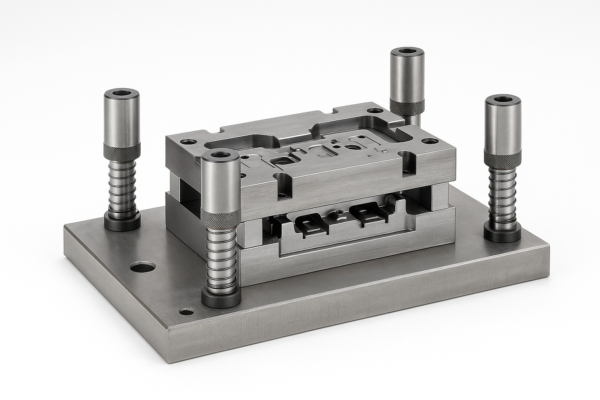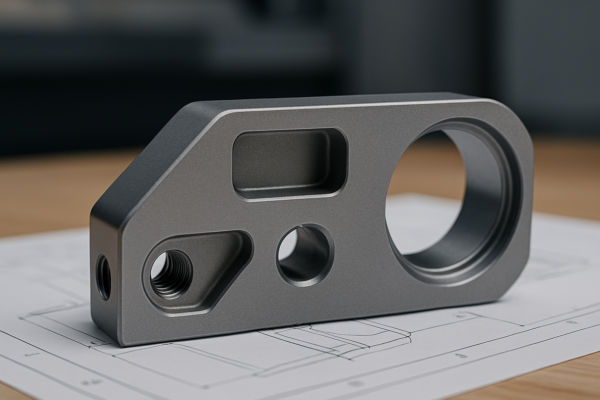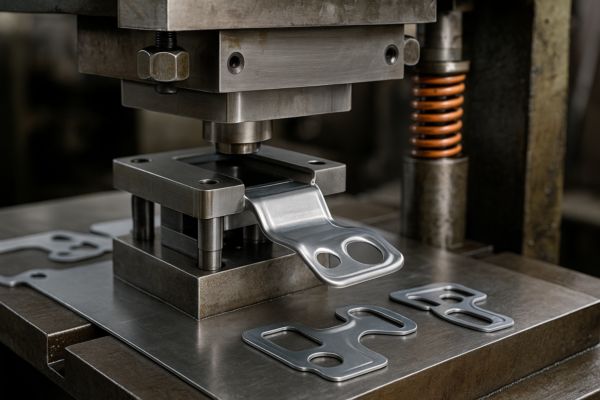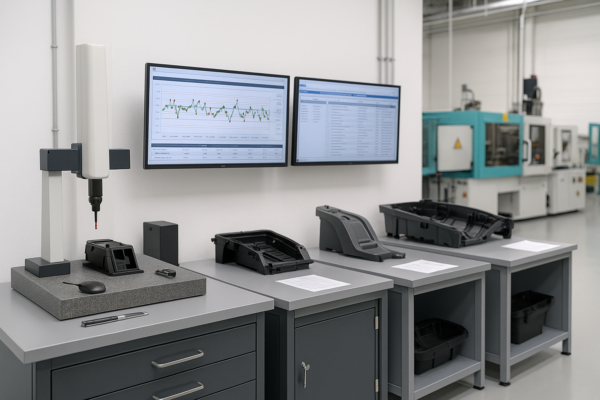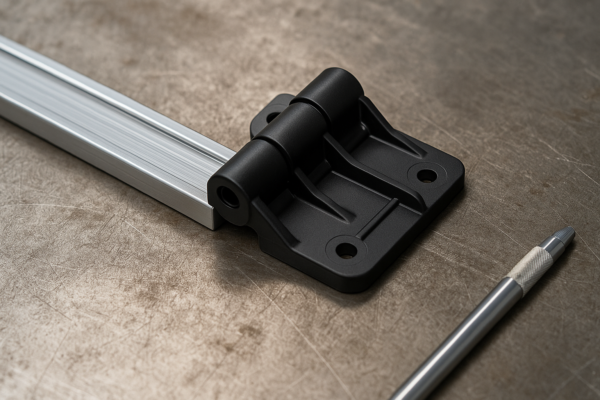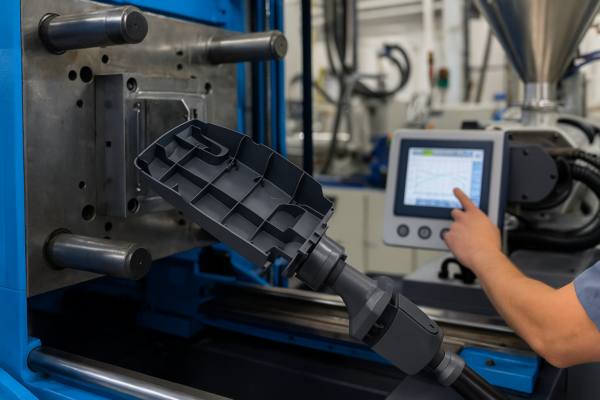Top Forging Manufacturers for Custom Steel and Aluminum Parts in 2025
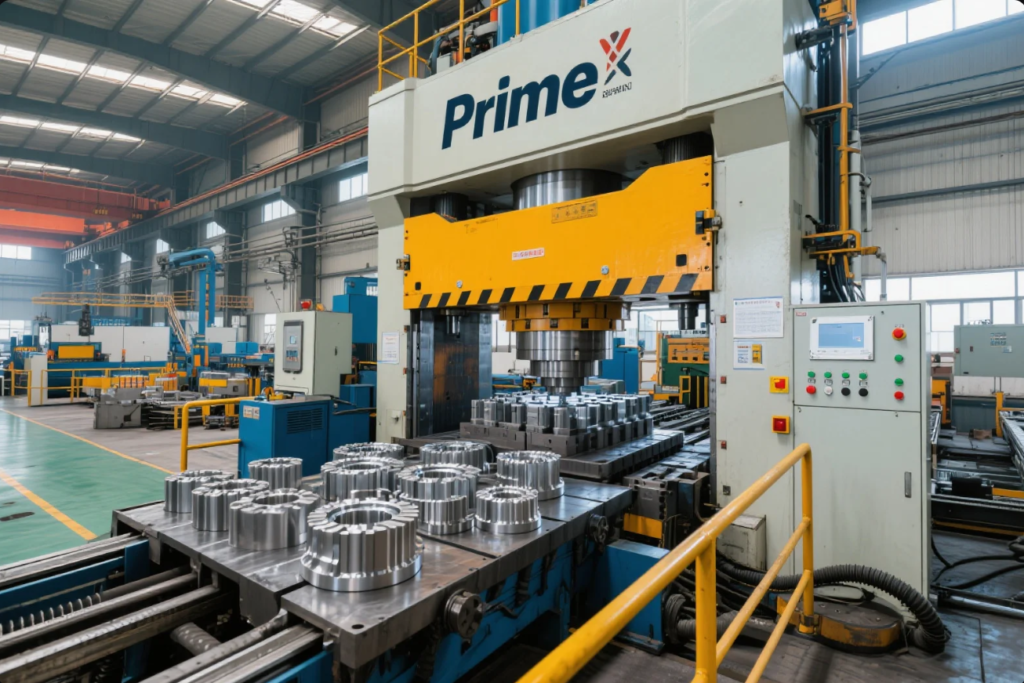
What is the future of forging?
Forging is entering a smart, lean, and green era through four key industry trends:
1. Automation & Robotics
- Fully automated material feeding, flash trimming, and 24/7 operation
- Companies like Thyssenkrupp Forging deploy robotic forging lines to improve throughput and reduce manual variability.
2. Digitalization & IIoT
- Embedded sensors track load and temperature in real time
- AI-enabled MES systems optimize cycle time and yield
- Farinia Group uses digital twins and dashboards for traceability and zero-defect quality.
3. Lightweight Alloy Forging
- Growth in EVs and aerospace drives demand for aluminum (6061, 7075) and titanium (Ti-6Al-4V) parts
- These materials require precise temperature control and inert atmospheres
4. Sustainability & Green Energy
- Induction heating reduces CO₂ emissions by \~25–30%
- On-site solar installations and closed-loop scrap recycling become standard
- According to Forbes, smart plants lower scrap by 20% and enhance uptime by 15%.
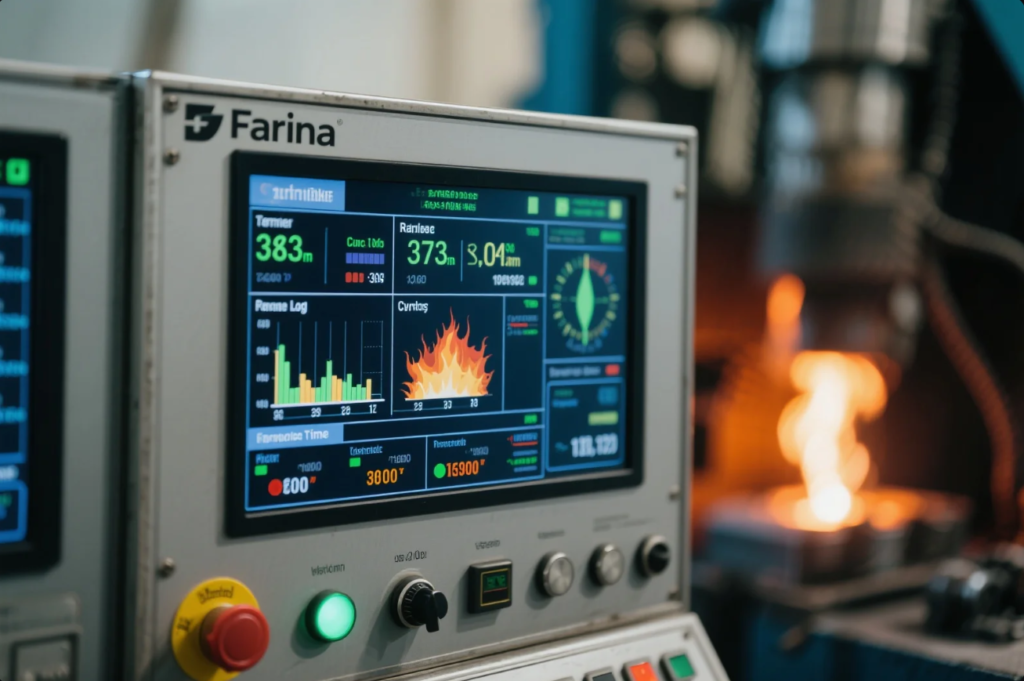
Which is the world’s largest forging company?
Bharat Forge, based in Pune, India, holds the title of the world’s largest forging company. Established in 1961, Bharat operates 14 plants globally and employs over 17,000 professionals. In 2024, its revenue reached approximately \$1.5 billion.
- Hydraulic presses up to 12,000 kN
- CNC machining, ring rolling, and sound-proof NDT labs
- Certifications: ISO 9001, IATF 16949, NADCAP
- Over 100 patents and partnerships with MIT and IIT
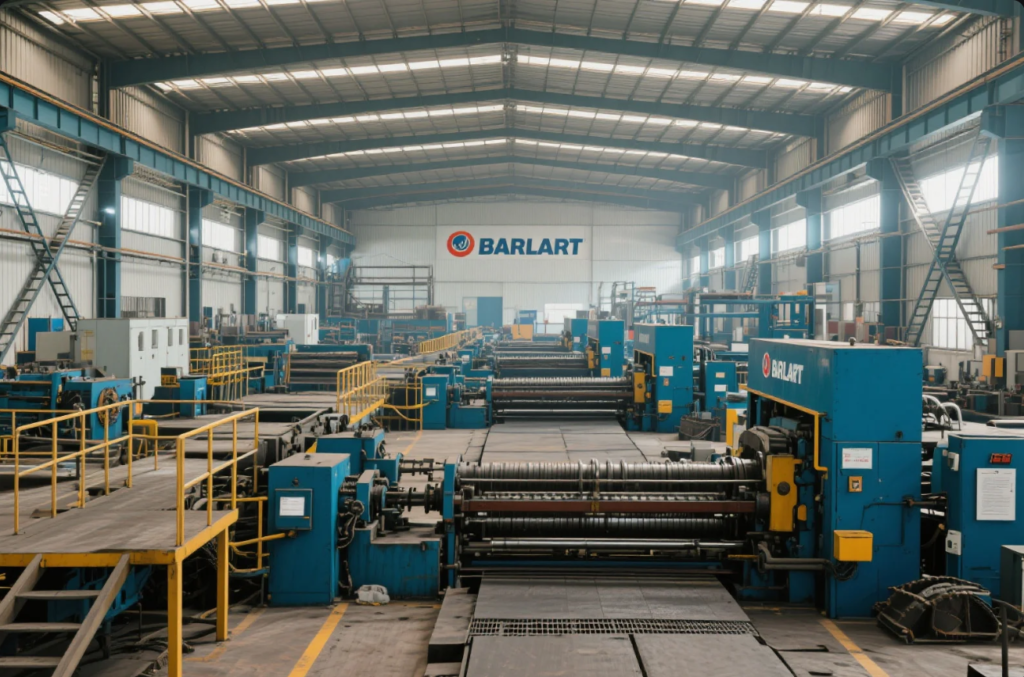
How big is the forging market in the US?
The U.S. forging market is mature yet growing:
- 2023 Revenue: \~\$12.74 billion
- Forecast by 2030: \$21.29 billion (CAGR \~7.6%) (MarketsandMarkets report)
- Makes up \~14–25% of the global market
Key Drivers:
- Automotive & EV: Engine blocks, suspension parts
- Aerospace & Defense: Landing gear, turbine discs
- Energy & Industrial: High-strength valves, pump housings, mining parts
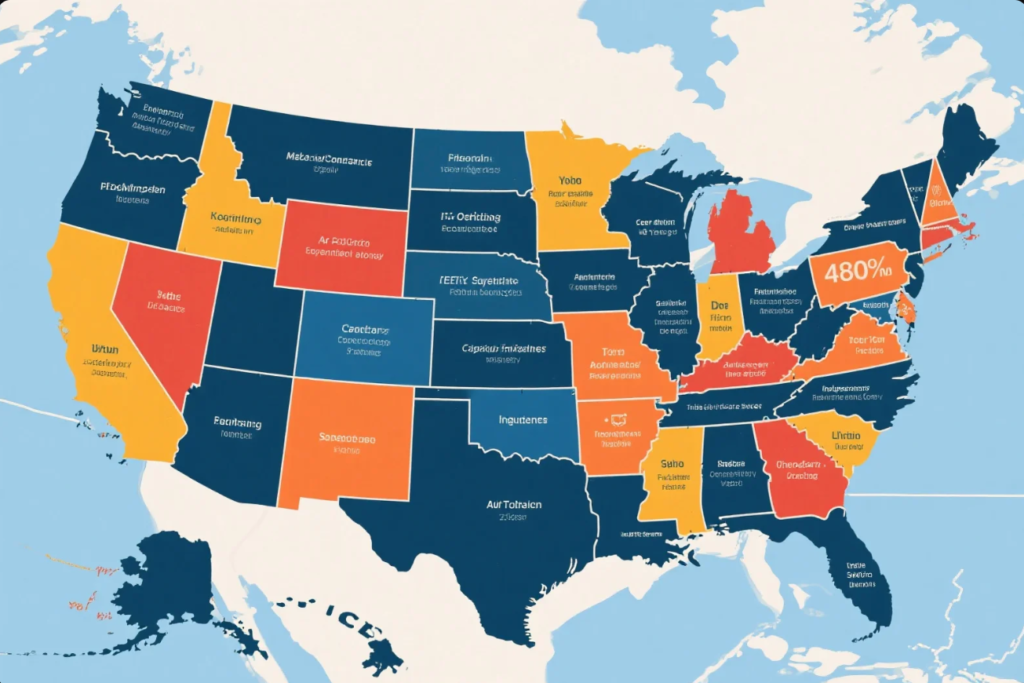
What is a forging company?
A forging company is an industrial manufacturer that shapes metal by compressive force—most commonly using hydraulic or mechanical presses. They specialize in:
- Material prep: Cutting billets or bars
- Heating & forging: Resistive or induction heating, molding metal
- Finishing: Flash trimming, CNC machining, drilling
- Inspection: Quality checks via CMM, ultrasonic, metallography, hardness testing
- Stamping & secondary services: Surface treatment, packaging, logistics
These companies provide end-to-end solutions—from CAD-based DFM support to final packaging ready for delivery.
Top Forging Manufacturers for Steel & Aluminum Parts
Below is a curated list of leading forging companies well-suited for custom steel and aluminum parts in 2025:
1. Bharat Forge (India)
Heavy-duty solutions: automotive, industrial, and energy sectors. Strong press capacity and global delivery.
2. Thyssenkrupp Forging (Germany)
Innovative smart-plant approach with industry 4.0. Ideal for aerospace and high-precision forging.
3. Finkl / Worthington (USA)
Outstanding tool steel and alloy forgings. Clients include defense and mining industries.
4. Scot Forge (USA)
High-precision, aerospace-grade steel & aluminum forgings with strong heat-treatment and machine finishing.
5. Shandong Prime International (China)
Specialist in steel and aluminum closed die and precision forging, CNC trimming, assembly—ISO/RoHS certified, fast support for global clients.
6. Kobe Steel (Japan)
High-integrity Ti and Ni alloy forging for aerospace, medical, and automotive precision demands.
7. Farinia Group (France & Italy)
Premium aerospace-grade aluminum forging with integrated digital quality tracking.
Conclusion & Next Steps
Forging is evolving toward automation, sustainability, and precision. As demand for high-quality steel and aluminum components grows, OEMs must select suppliers who combine engineering, process maturity, and global delivery.
Buyer Checklist:
- Choose forging type: closed‑die, press, or precision forging
- Confirm certifications: ISO, NADCAP where required
- Assess automation and IIoT capabilities
- Ensure alloy expertise
- Verify export packaging & lead time reliability
Partner with top-tier providers like Shandong Prime International for turnkey steel and aluminum forging solutions in 2025.
📧 Contact: [email protected]
🌐 Visit: https://primecustomparts.com
Request a free CAD review and quote for your custom forging needs—get fast response, precise finish, and global delivery.

